Simandou is a transformative project for the people of Guinea, and we take this responsibility very seriously. We apply the strictest global standards to ensure that the people we work with are assured of safety and protection, and that the affected communities benefit from positive growth and opportunities.
With a focus on long-term development and growth, we work with communities to ensure that our vision for the future aligns with theirs. To protect the local environment as much as possible, we continuously monitor and adapt our working methods to mitigate our impact.
Communities
Supporting the sustainable development of the Guinean communities neighboring our operations is a crucial criterion for the success of the Simandou project. We engage directly with community leaders and civil society to ensure that their priorities and concerns are fully understood.
Mining and processing activities can, by their nature, disrupt the environment and have an impact on local communities. However, they also present opportunities: in addition to creating new jobs, we invest in the future by providing vocational training for young people, for example through the Beyla Vocational Training Center.
We conduct thorough and inclusive consultations, ensuring the inclusion and participation of all community members. Concerned with preserving cultural heritage, the project has developed a cultural heritage management plan, outlining the procedures and resources that will be used to manage all cultural heritage discovered within the mine’s operating area.
Wherever we work, at all stages of our operations, we respect and uphold all internationally recognized human rights, in accordance with the Universal Declaration of Human Rights of the United Nations and the United Nations Guiding Principles on Business and Human Rights.
Regional Economic Development / Local Content
Our efforts to develop and improve community life go beyond investing in businesses and creating jobs. We strive to examine all aspects of the project to determine how we can support the development of local communities and address any project-related challenges.
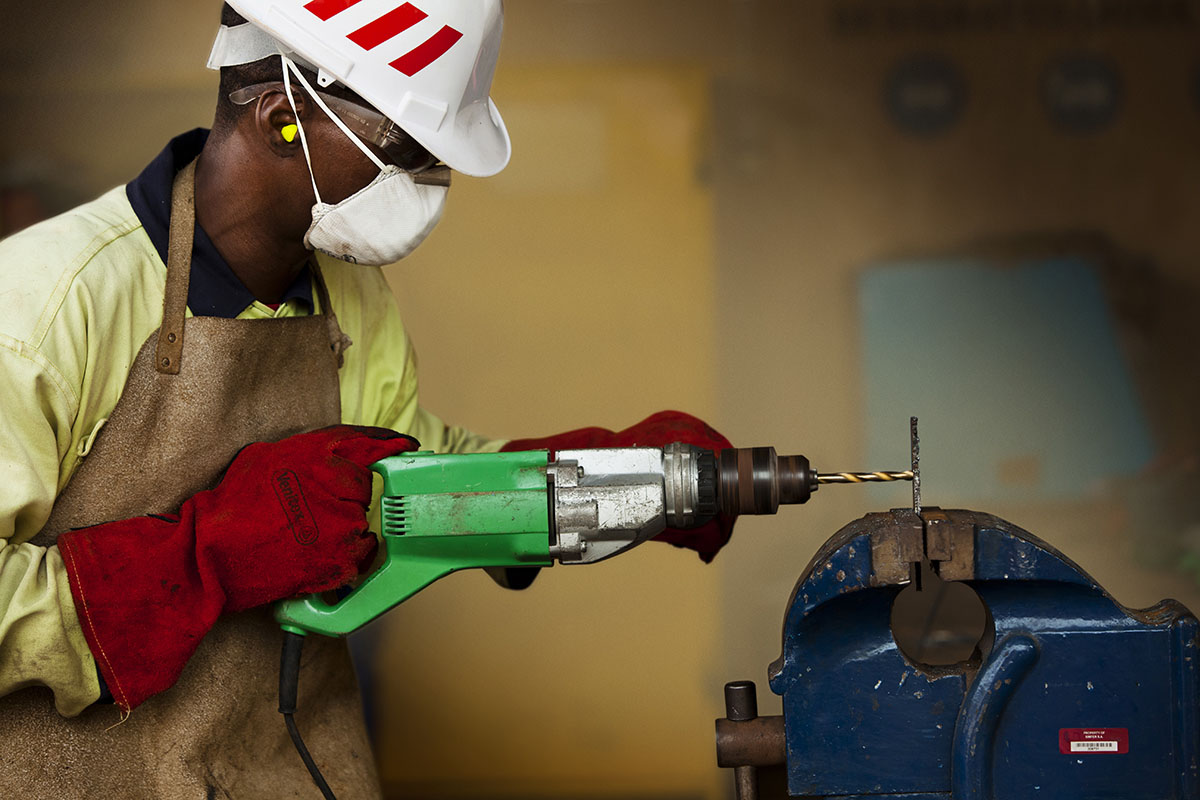
As such, we offer a vocational training program to assist women and young girls through the Jamila Foundation; we provide primary healthcare to regional communities through Clinic+O; we invest in renewable energy by installing solar panels at the Beyla Vocational Training Center, which we support; we identify and fund ecological solutions for sustainable agriculture and forestry; and we work to mitigate the potential effects of project-induced migration with key stakeholders. Our team works tirelessly to deliver outcomes for the Guinean population beyond the construction of the mining site, and our work will continue in the years to come.
Our Environmental Responsibility
Producing the materials the world needs has an impact on the environment. We are committed to protecting the rich biodiversity and critical habitats surrounding the Simandou project. Rio Tinto has adopted IFC guidelines, which require net gains in biodiversity in critical habitats and no net loss in natural habitats.
We embrace the responsibility entrusted to us and consider ourselves the long-term stewards of natural resources, including land and water, and the ecosystems they support. The Simandou project is already working to preserve the Boyboyba forest, and a new species, “Anacolosa Denisea,” has been discovered and protected by a local team of botanists.
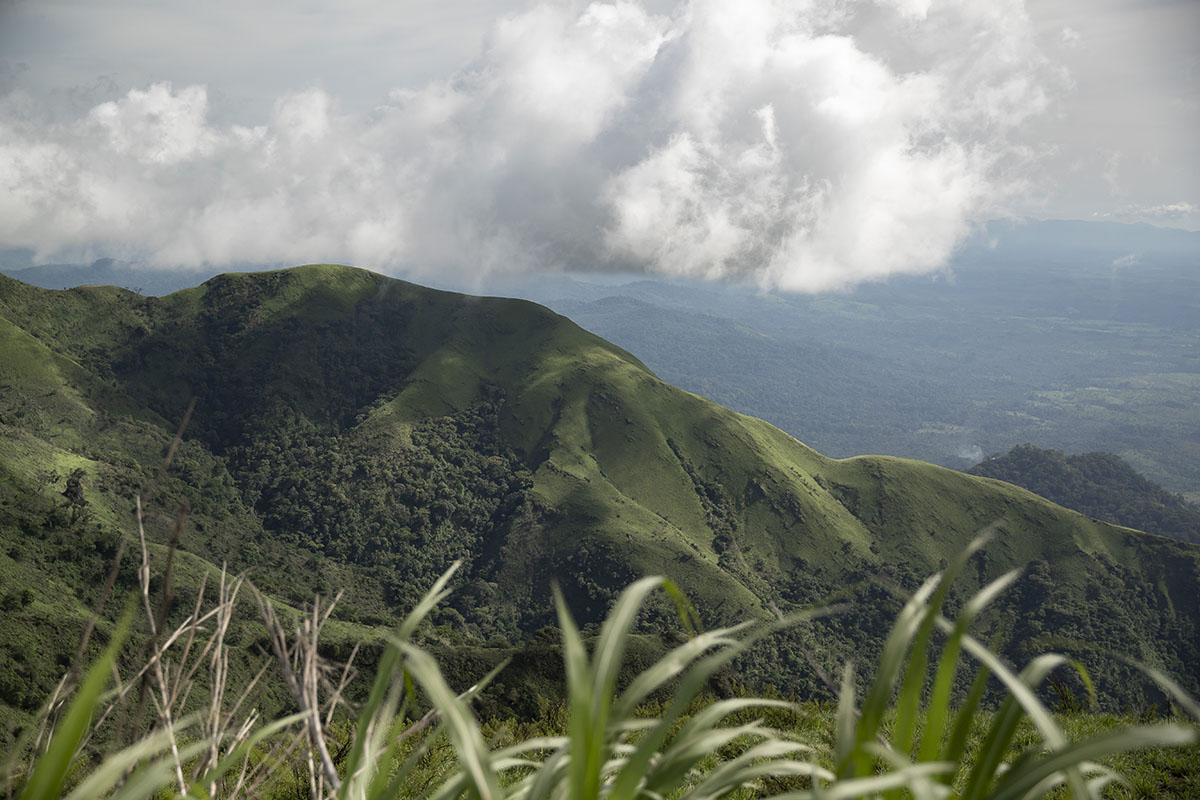
Throughout the project’s design and planning process, we have sought to avoid or mitigate impacts on biodiversity. When avoidance and mitigation efforts are impossible, we will implement rigorous rehabilitation and restoration measures, or we will offset impacts on habitats that cannot be fully mitigated through robust compensation programs.
Our environmental standards guide how we identify and manage environmental risks. They are developed based on international best practices, often with the input of academic partners, civil society, and specialists. We also work closely with local communities to anticipate and monitor potential impacts of our activities and implement mitigation measures.
Our initial Environmental and Social Impact Assessment (ESIA), completed in 2012 and reviewed in 2023, was the largest public consultation ever conducted in Guinea, soliciting feedback and opinions from over 10,000 individuals.
Health and Safety
The health, safety, and well-being of our employees, subcontractors, and the surrounding local communities are our top priority. This requirement applies to every team, every project, every day.
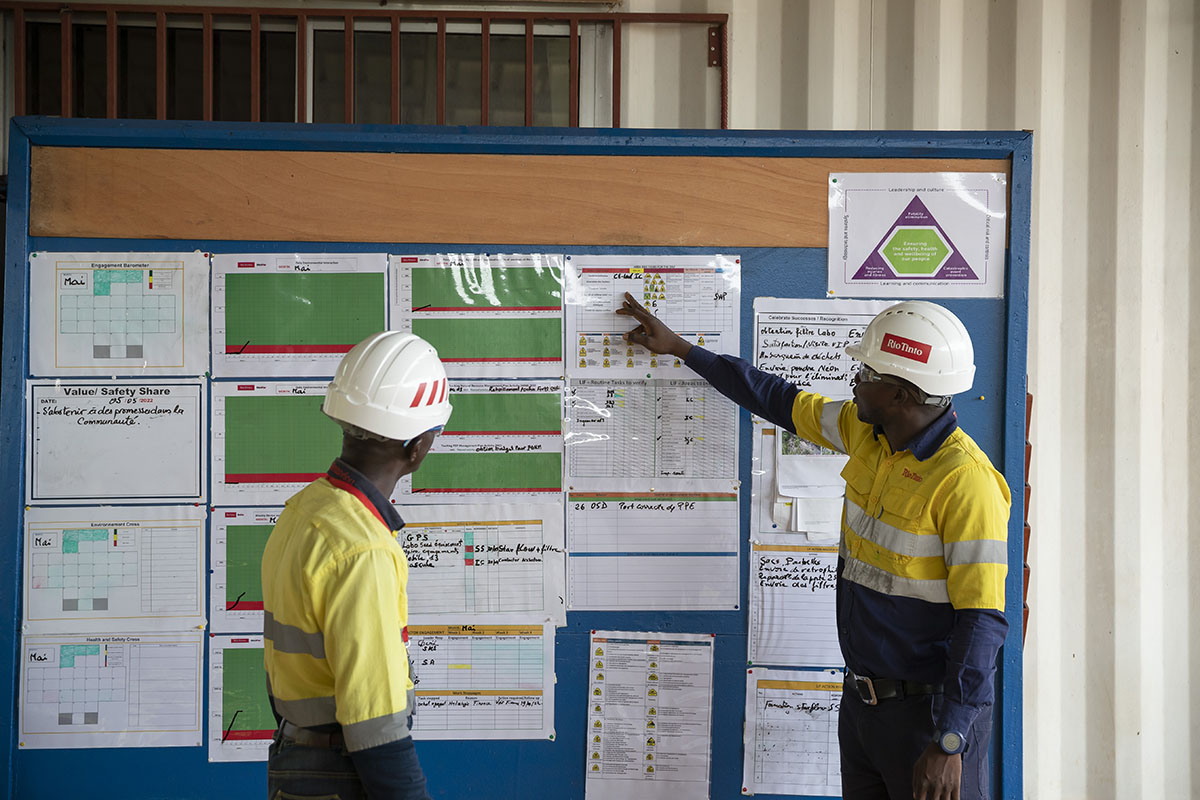
We manage our workforce and provide working conditions in compliance with Guinean legislation and international labor standards, as defined by the International Labour Organization and the International Finance Corporation’s Performance Standard 2 (Labor and Working Conditions).
We have integrated a human rights due diligence management system to ensure practical management of human rights risks, from project construction to closure.
Rio Tinto’s commitments apply to all directly employed workers, as well as those employed by subcontractors.
Governance and Accountability Standards
In addition to its values, Rio Tinto is guided by its code of conduct, “Our Business Approach,” which provides a clear framework for how we conduct our activities, regardless of our workplace or origin. This code applies to each of us as employees, as well as to our consultants, agents, contractors, and suppliers, helping us to uphold and promote responsible practices throughout our value chain, from mine to market.
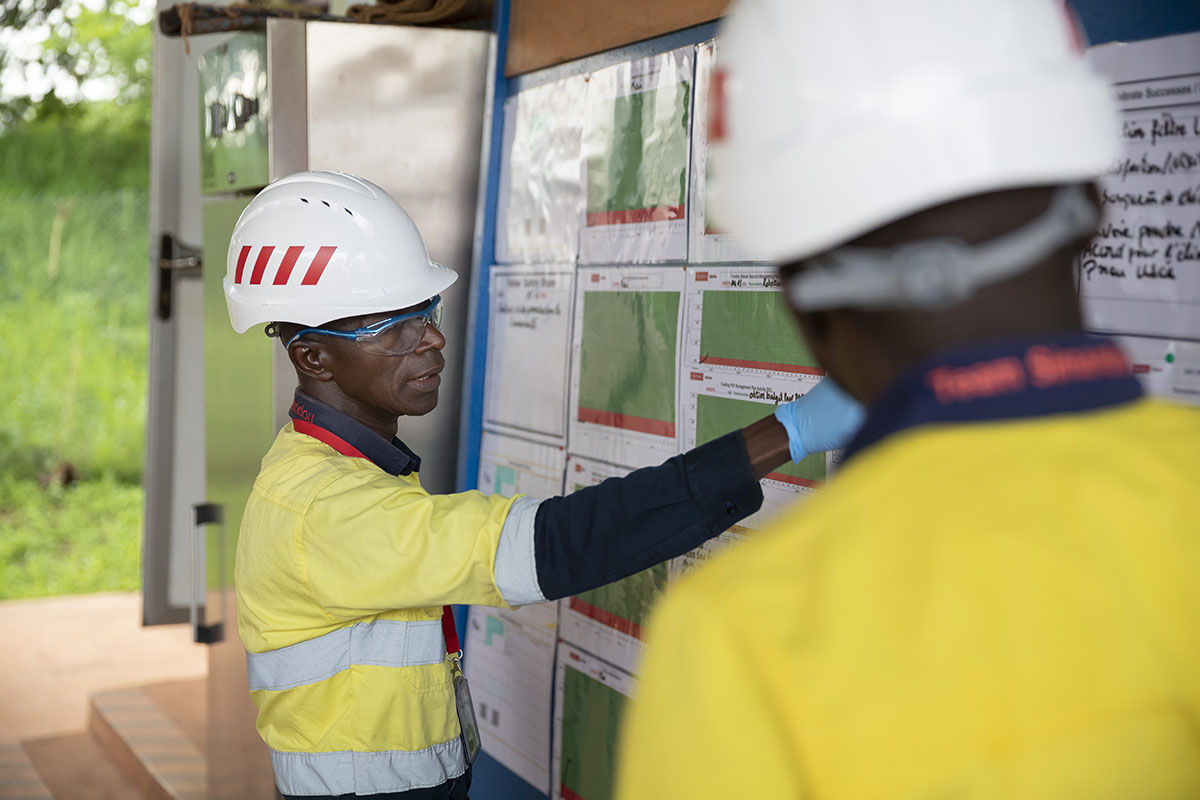
Integrity is paramount in all of Rio Tinto’s activities worldwide. In Guinea, and wherever we operate, we act transparently, speak honestly, and assume our responsibilities.
It is essential that the people of Guinea are informed about our projects and understand the processes we follow and the high standards to which we adhere.
We will continue to report and communicate regular updates on our progress and how we conduct our business.
We are a founding member of the Extractive Industries Transparency Initiative (EITI) and have actively supported EITI principles and global standards of transparency and accountability since 2003.
Human Rights
Rio Tinto is committed to upholding internationally recognized human rights, as defined in the Universal Declaration of Human Rights (UDHR), and to implementing the United Nations Guiding Principles on Business and Human Rights (UNGPs).
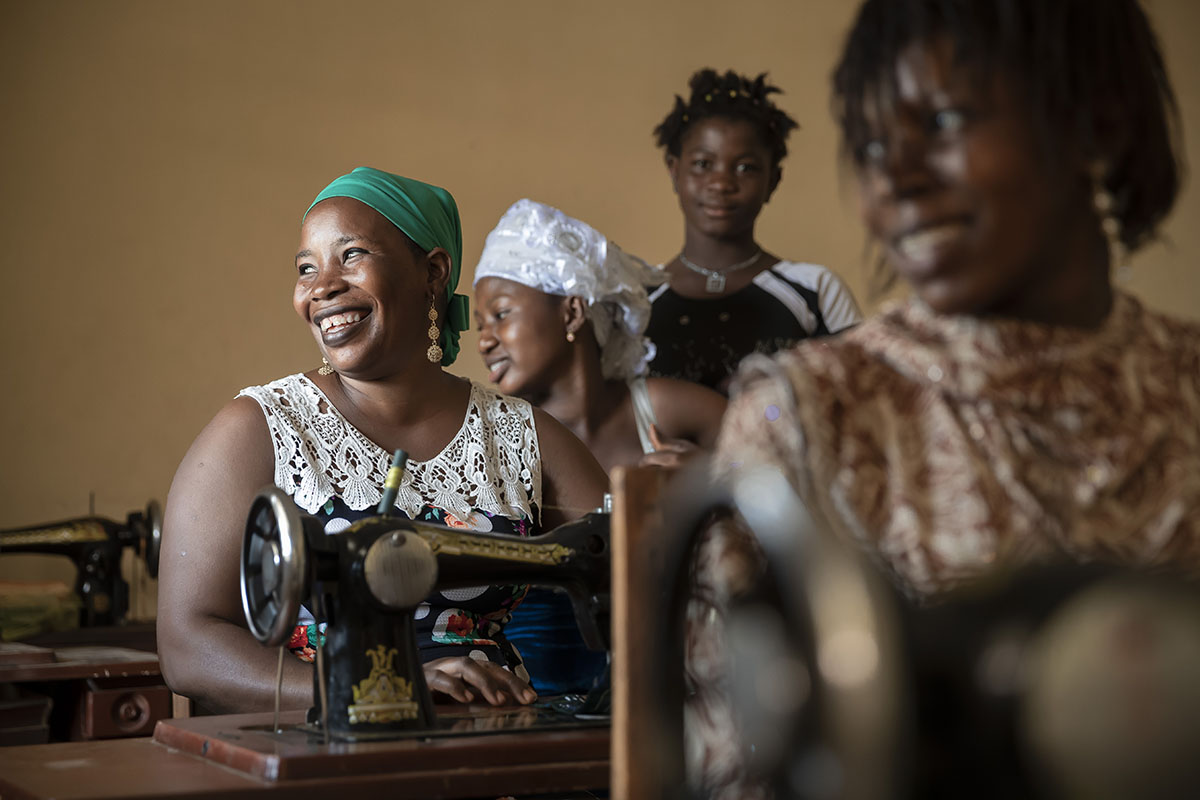
The Simandou project is fully committed to managing its workforce and providing working conditions in accordance with Guinean legislation and international labor standards as defined by the International Labour Organization and the Performance Standard 2 of the International Finance Corporation (IFC) (Labor and Working Conditions).
Adhering to these commitments, as well as all Guinean laws and regulations, demonstrates our firm commitment to prioritising human rights in the implementation of the Simandou project, while also contributing to maintaining our Social License to Operate (SLO) and establishing positive relationships with our employees, local communities, and business partners.